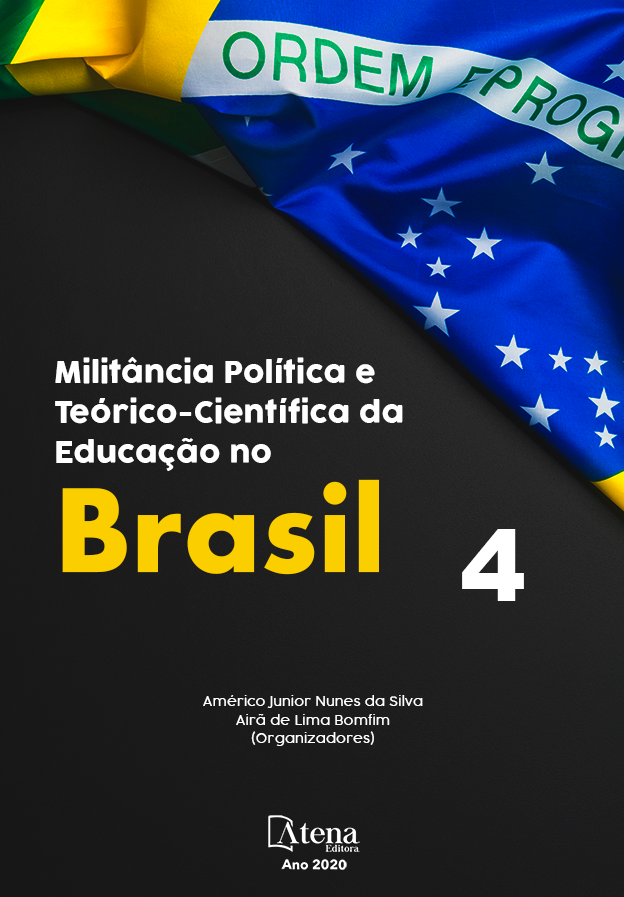
COACHING REVERSO: RELATO DE EXPERIÊNCIA NO PROEJA
As metodologias ativas de ensino-aprendizagem, aparecem como uma forma de estimular o aluno a assumir uma postura ativa em seu processo de aprender, buscando sua autonomia através de uma aprendizagem significativa. O presente trabalho refere-se a um relato de experiência sobre a utilização do coaching reverso como estratégia para estimular a aprendizagem e promover a interação e envolvimento de alunos de um Curso Técnico. Esta atividade é uma adaptação da abordagem ativa: instrução por pares (peer to peer instruction), baseada na troca de informações e vivências entre dois alunos, com a definição de critérios para estimular o diálogo entre eles. No caso em questão, antes da aplicação da metodologia houve um levantamento das características dos estudantes da turma, especialmente faixa etária, constituição familiar e fluência digital de cada aluno. Após esse levantamento, a atividade foi realizada em 4 momentos, envolvendo duas aulas de quatro horas cada: 1 – esclarecimento para a turma a respeito da metodologia e objetivo da atividade; 2 - seleção das duplas de alunos baseada em características diferentes e sorteio de temas sobre os conteúdos: infecções sexualmente transmissíveis e métodos anticoncepcionais; 3 – pesquisa, discussão e aprofundamento de conceitos teóricos pela dupla sobre os temas sorteados; 4 – apresentação dos resultados da discussão de cada dupla através da técnica do “discurso de elevador” para os demais integrantes. A avaliação foi realizada pelos próprios alunos e professor através do engajamento e comprometimento de cada membro da dupla na atividade. A experiência da aplicação da atividade foi positiva, pois os alunos demonstraram interesse nas experiências de vida de seu colega, ao mesmo tempo que houve um aprofundamento teórico sobre o tema em questão.
COACHING REVERSO: RELATO DE EXPERIÊNCIA NO PROEJA
-
DOI: 10.22533/at.ed.9932026109
-
Palavras-chave: Metodologias Ativas; Aprendizagem; Discurso de elevador
-
Keywords: Active Methodologies; Learning; Elevator pitch
-
Abstract:
Active teaching-learning methodologies are a way to encourage the student to take an active stance in the learning process, seeking the autonomy through meaningful learning. The present work refers to an experience report on the use of reverse coaching as a strategy to promote learning, interaction and involvement of students of the Technical Course in Commerce. This activity is an adaptation of the active approach: peer to peer instruction, based on the exchange of information and experiences between two students, with the definition of criteria to stimulate dialogue between them. In the case in question, before applying the methodology, there was a survey of the characteristics of the students in the class, especially age group, family constitution and digital fluency of each student. After this survey, the activity was carried out in 4 moments, involving two classes of four hours each: 1 - clarification to the class of the methodology and objective of the activity; 2 - selection of student pairs based on different characteristics and drawing of themes on the content: sexually transmitted diseases and contraceptive methods; 3 - research, discussion and deepening of theoretical concepts by the pair on the chosen themes; 4 - presentation of the results of the discussion of each pair through the elevator pitch technique to the other members. The evaluation was carried out by the students and teacher themselves through the engagement and commitment of each member of the pair in the activity. The experience of applying the activity was positive, as the students showed interest in their colleague's life experiences, at the same time that there was a theoretical deepening on the subject in question.
-
Número de páginas: 12
- Roger Nunes Fagan
- Morgana Karin Pierozan
- Ivete Scariot
- Roberto Valmorbida de Aguiar


